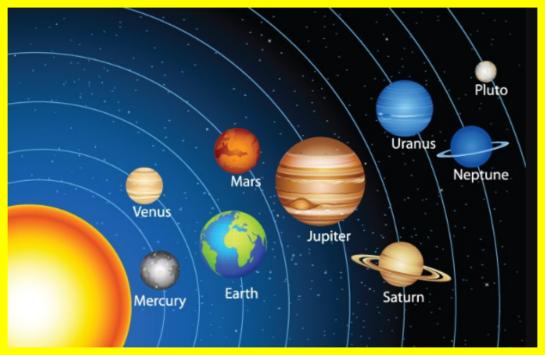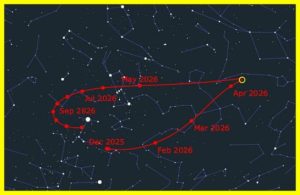How long a day lasts on the planets of the solar system
The length of time of the different planets in the solar system depends on the time it takes a planet to complete a full revolution around its axis.
Here is the data on the length of a day on each of the planets:
Mercury: a day lasts 58 Earth days and 16 hours. Because of its slow rotation, it is light on one side of the planet for almost two months and night on the other.
Venus: a day is as long as 243 Earth days and 26 minutes. Not only that, Venus rotates in the opposite direction (retrograde rotation) and its day is longer than a year.
Earth: Our 24-hour day takes 23 hours and 56 minutes in sidereal time. Each day, the Earth is 4 minutes ahead of its position the next day so that the Sun is back in the same place.
Mars: the day here is a little longer than Earth’s, only 24 hours 36 minutes. On Mars, you can live almost Earth-like days.
Jupiter: despite its gigantic size, its day is only 9 hours 55 minutes. Jupiter is the champion of rotational speed.
Saturn: here the day lasts 10 hours and 33 minutes. The giant with rings also rotates fast, although slower than Jupiter.
Uranus: its time span is 17 hours and 14 minutes. Uranus rotates on its side, creating unusual seasons.
Neptune: a day on this “ice giant” is 16 hours. Almost half of Earth’s twenty-four hours.
Pluto: on the former ninth planet, a day is 6 days and 6 hours. The sun on Pluto looks like a bright star, and the day lasts almost a week.





















